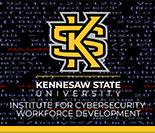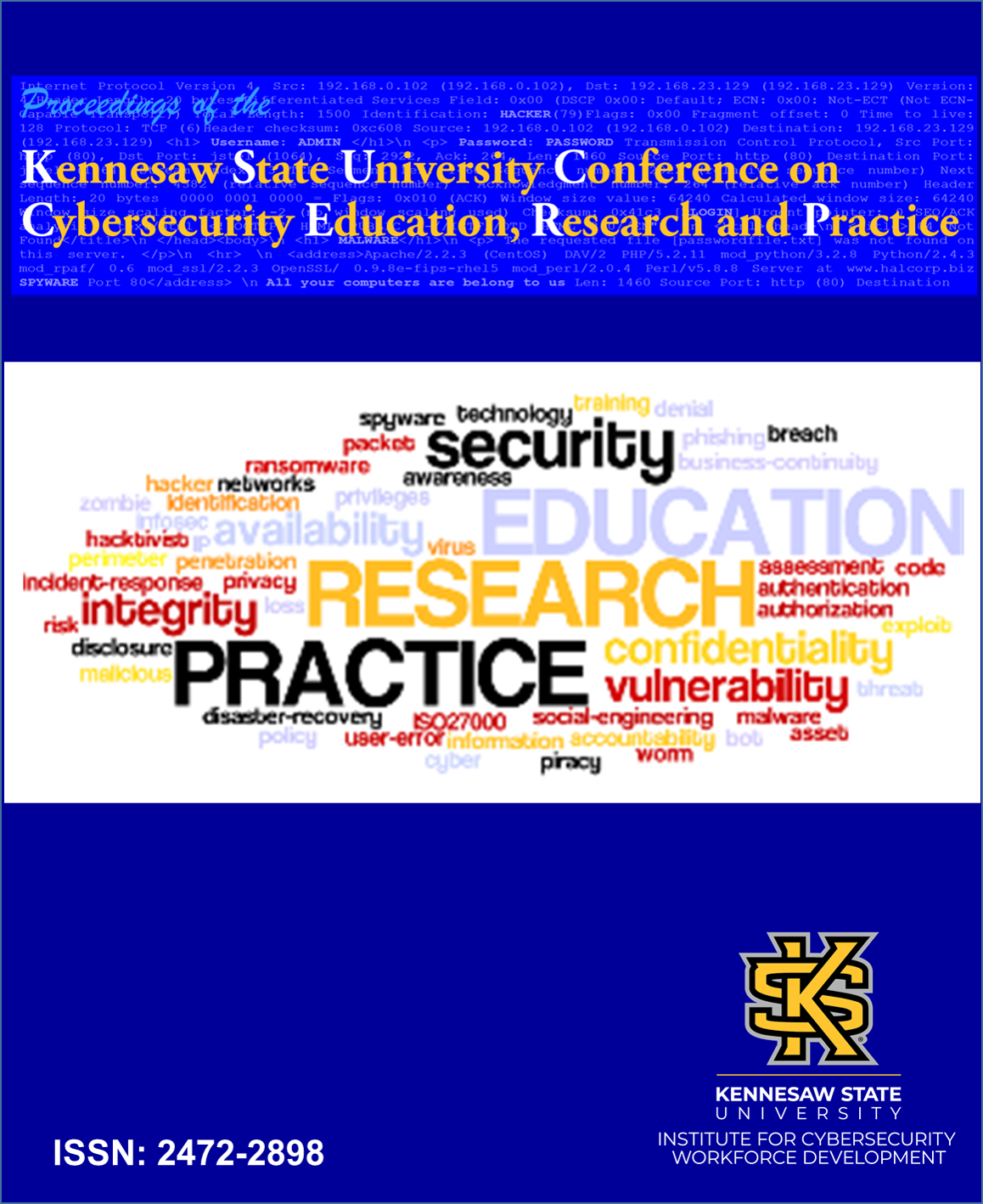Abstract
Network security is of vital importance for corporations and institutions. In order to protect valuable computer systems, network data needs to be analyzed so that possible network intrusions can be detected. Supervised machine learning methods achieve high accuracy at classifying network data as normal or malicious, but they require the availability of fully labeled data. The recently developed ladder network, which combines neural networks with unsupervised learning, shows promise in achieving a high accuracy while only requiring a small number of labeled examples. We applied the ladder network to classifying network data using the Third International Knowledge Discovery and Data Mining Tools Competition dataset (KDD 1999). Our experiments, show the ladder network was able to achieve similar results compared to supervised classifiers while using a limited number of labeled samples.
Previous Versions
Sep 21 2016 (withdrawn)
Sep 20 2016 (withdrawn)
Included in
Information Security Commons, Management Information Systems Commons, Technology and Innovation Commons
Semi-Supervised Deep Neural Network for Network Intrusion Detection
Network security is of vital importance for corporations and institutions. In order to protect valuable computer systems, network data needs to be analyzed so that possible network intrusions can be detected. Supervised machine learning methods achieve high accuracy at classifying network data as normal or malicious, but they require the availability of fully labeled data. The recently developed ladder network, which combines neural networks with unsupervised learning, shows promise in achieving a high accuracy while only requiring a small number of labeled examples. We applied the ladder network to classifying network data using the Third International Knowledge Discovery and Data Mining Tools Competition dataset (KDD 1999). Our experiments, show the ladder network was able to achieve similar results compared to supervised classifiers while using a limited number of labeled samples.


